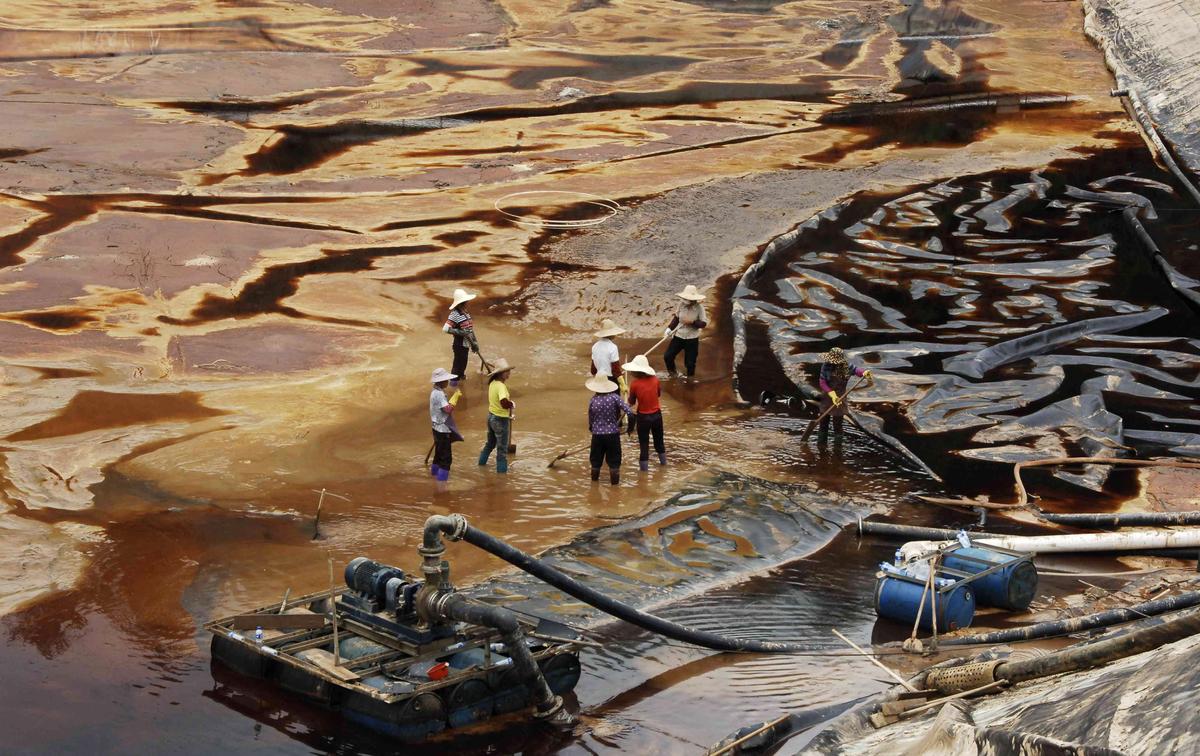After numerous food scares in China, the Chinese have become disillusioned with the communist regime’s ability to properly regulate the food industry. And the contaminated food does not just stay in China. The U.S. Food and Drug Administration (FDA) regularly refuses shipments from China for “filth,” unsafe additives, veterinary drug residues, and mislabeling. In 2007, melamine-tainted pet treats from China reportedly killed thousands of cats and dogs in the United States.
The answer for some victimized Chinese is now organics—a guarantee that their food products will be produced in an environmentally responsible way and not be grown with pesticides, synthetic fertilizers, antibiotics, growth hormones, or other dangerous chemicals.
According to a survey by a Beijing research company, 80 percent of Chinese are upset by the food safety situation in China. A 2010 Foreign Agriculture Report by the U.S. Department of Agriculture (USDA) found that consumers were willing to pay ten times more for organic beef and five to ten times more for organic vegetables. Organics, although only a small portion of China’s food market, are on the rise in China, with the consumption of organic food out of total consumption tripling between 2007 and 2012 according to Biofach, the world’s largest organic trade fair.
But is China’s “organic” actually safe? And who does the guaranteeing?
It’s not too clear, considering China’s opaque system. Of course, not all organic food from China is problematic, and China is not the only violator of food safety regulations, but with China being the third greatest exporter of agricultural products to the United States, the situation does deserve attention.
Below are some of the major issues with China’s “organic” produce.
1. Environmental pollution in China is severe






